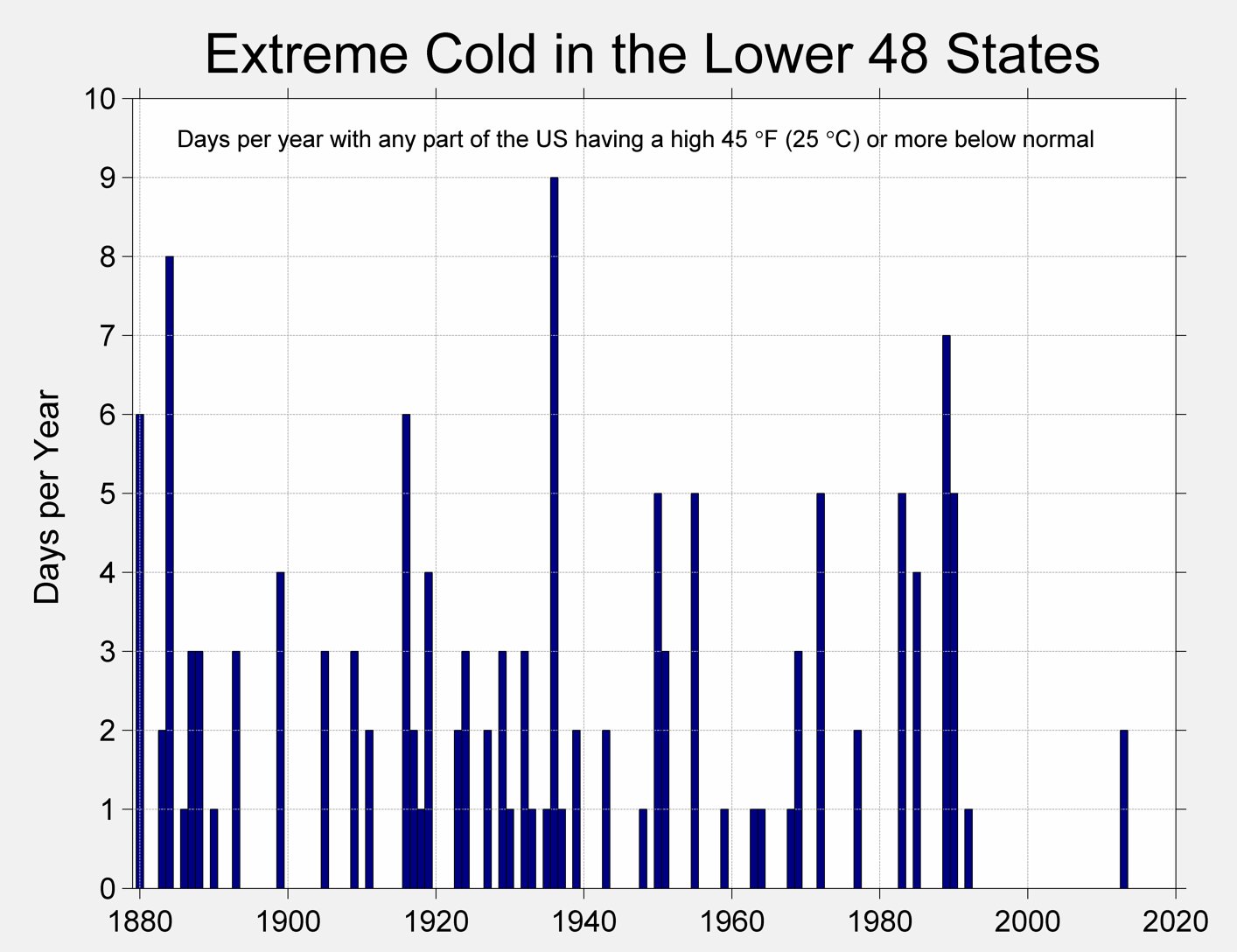Published at 09:56 on 7 July 2021
This is Not Over
Worldwide, the vast majority of individuals have yet to see so much as a single dose of vaccine, and the numbers of new cases and deaths are comparable to spring and summer of last year, when everything was shut down due to the risk. Yes, in the First World things are returning to normal, but the First World is not the entire world. Far from it, actually: the First World is a tiny sliver of wealthy nations. The vast majority of the world’s people live in poverty or near-poverty.
Not Over, Part II
Not only is the virus circulating widely, new variants are continually evolving. So far, the existing vaccines seem to do a good job of protecting against those new variants. There is, however, no guarantee that this will hold into the future. Influenza viruses continually evolve to the point where new vaccines must be continually developed to protect against them.
So long as COVID-19 continues to circulate, and particularly to circulate unimpeded in the Third World, the pandemic is not over. It will not be over until it is over for all. Seen in this light, aid to developing countries is not mere charity; it is self-interest.
Hard to Feel Sorry for Most Refuseniks
Then we get to the First World, where a not-insignificant chunk of individuals, particularly in nations like the USA that are plagued by widespread backwardness of thought, refuse to get vaccinated at all.
First of all, this is their choice: forcing people to get a medical procedure is anti-freedom and should be off the table. This has two sides, however: forcing people to associate with the irresponsible is also anti-freedom and should also be off the table. If businesses and other organizations wish to have vaccine mandates, they should be free to do so. If this causes the refuseniks difficulty in their personal lives, so be it. Choices have consequences.
Secondly, it is very hard to feel sorry for most of the refuseniks that get sick and/or die as a result of their behavior. To reiterate: choices have consequences. COVID vaccination is a rare example of something done very right in the USA. Instead of vaccine access depending on social privilege, the vaccine is available to all, free at the point of delivery. Nobody has to decide between their children having enough to eat and getting a shot. The standard point about many being victims of their unchosen circumstances does not apply this time.
Yes, there are groups that are mistrustful of the medical establishment because of past history (type “Tuskeegee experiment” into your search engine of choice for one such example). And there are people for whom it is just plain unsafe to receive a vaccine. But those cases are a minority of those refusing to get vaccines. I chose my wording carefully: it is hard to feel sorry for most refuseniks.
I Blame Trump, Too
No, he’s not president anymore, but he is still very much politically relevant. Anyone who doubts the latter statement need only consider how much the GOP is still cowering in fear of his every word, refusing to so much as entertain the idea of investigating the January 6th insurrection. Trump created and weaponized the sort of know-nothing-ism that the anti-vax crowd is part of.
There is nothing stopping Trump from agreeing to star in a public service advertisement or two targeted at his demographic, encouraging people to get vaccinated. This would almost certainly be a huge help in increasing the vaccination rate, and Trump himself is vaccinated, proving that he has no objection in principle to vaccination. Yet he insists on running a death cult and killing his followers.
Then again, those followers chose to be followers. The USA is not North Korea; Trumpism is not a mandatory state ideology. Again, it is hard to feel sorry for most of those getting sick and dying as a result of their own personal bad decisions.

